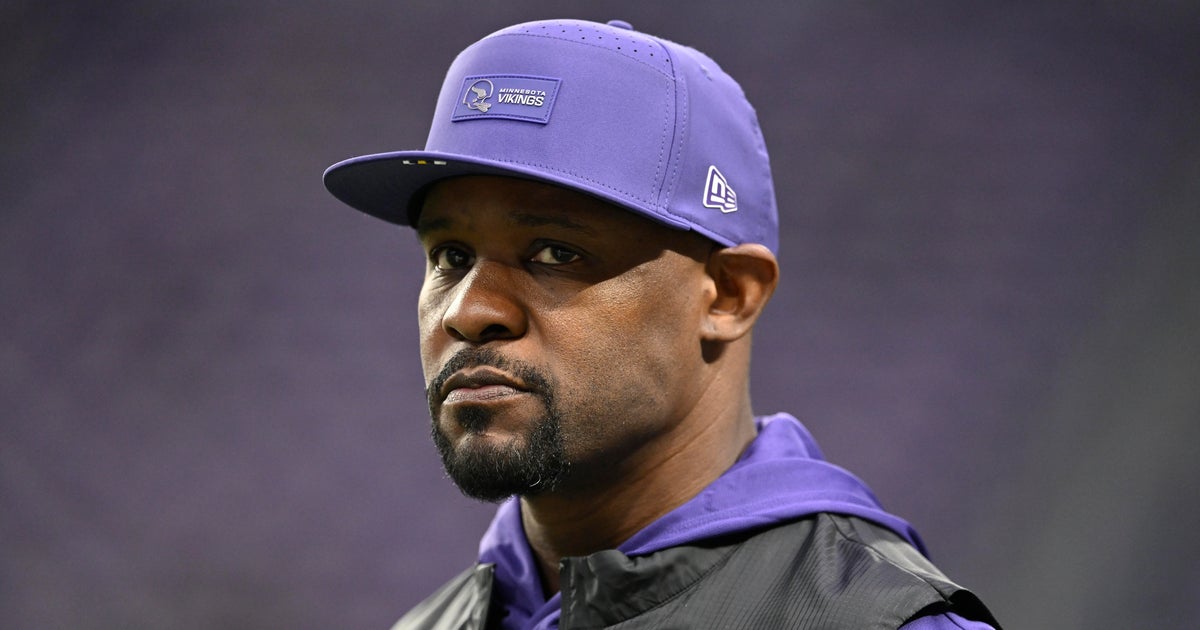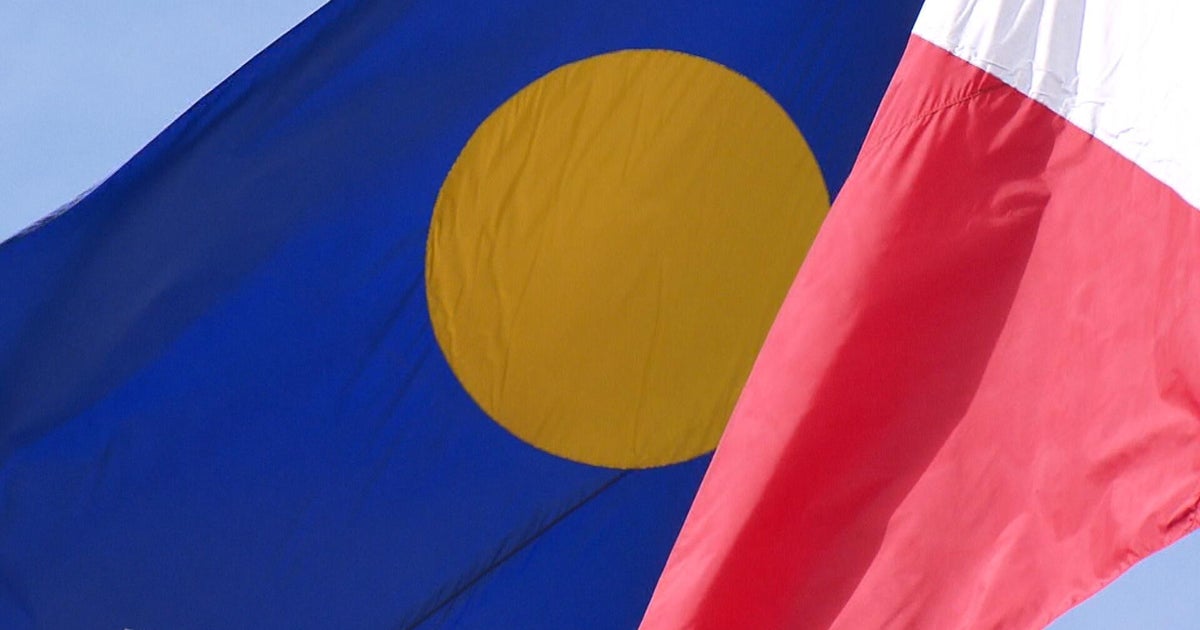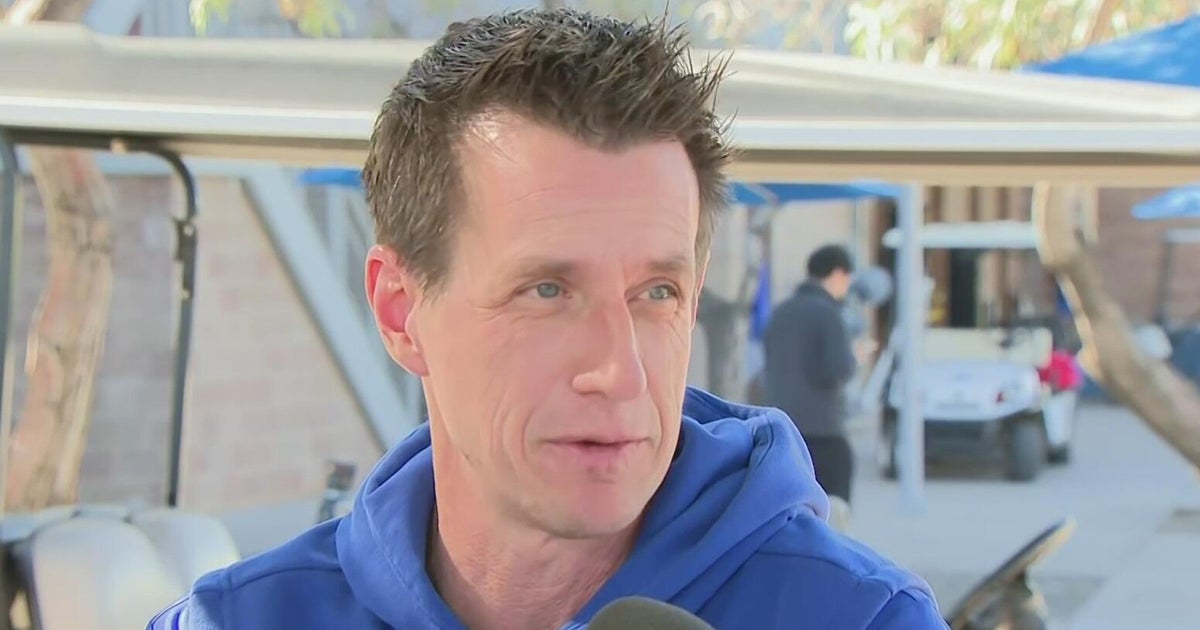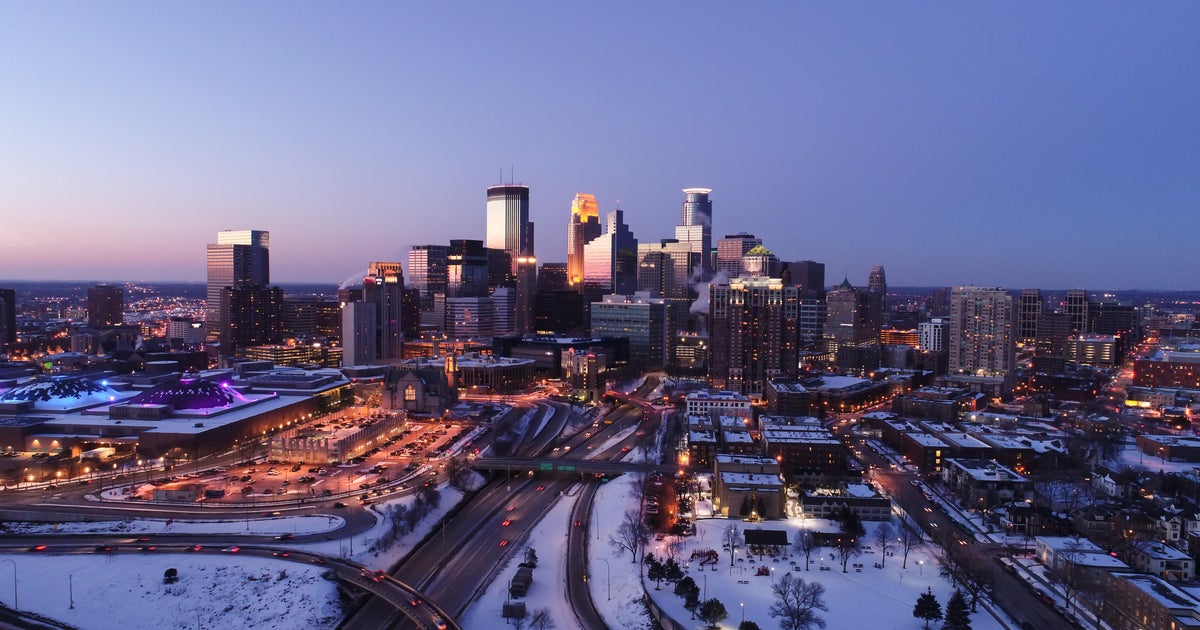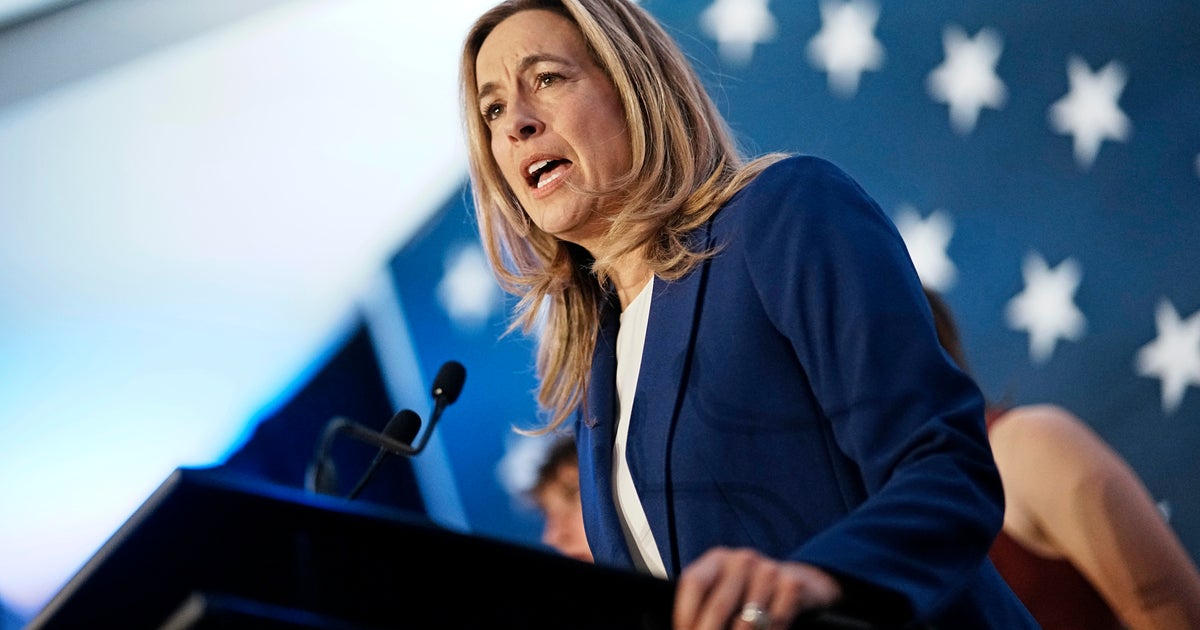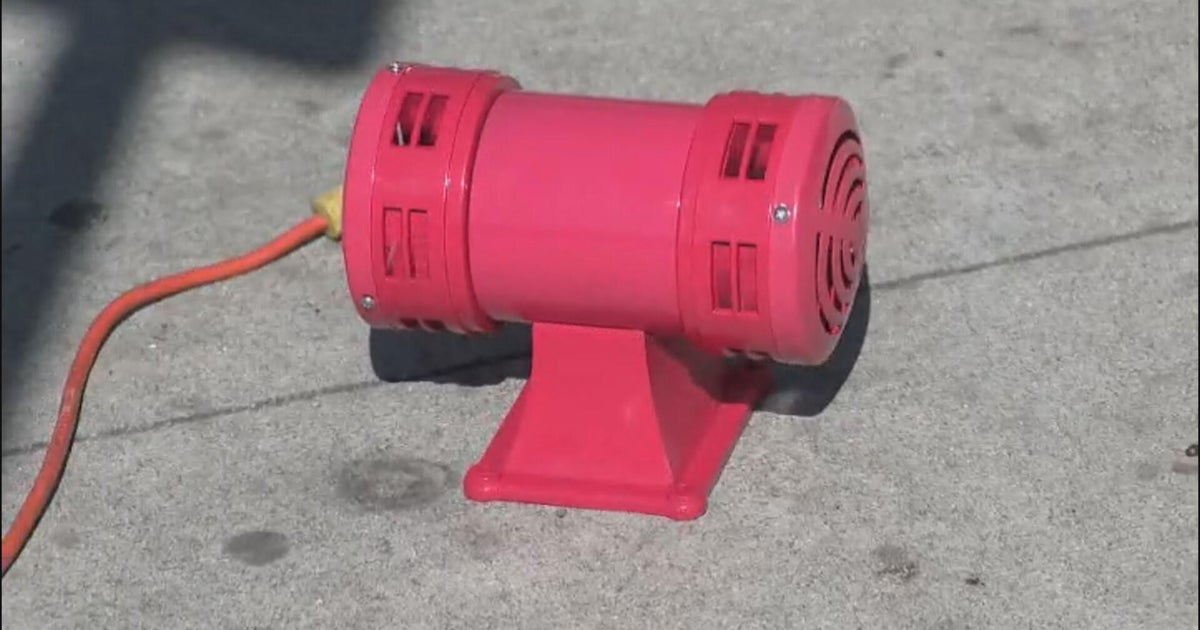Trickle Of NFL Players Head Back To Work -- Sort Of
MINNEAPOLIS (AP) -- The NFL and the players' union were in a holding pattern Tuesday, the day after a federal judge ended a 45-day lockout.
Small groups of players showed up at team facilities and were allowed inside, but couldn't work out. Most left in a matter of minutes.
League operations were left in limbo when U.S. District Judge Susan Richard Nelson said she wouldn't rule on the NFL's request for a stay of her order until at least Wednesday. She said she wanted to hear from players -- even as attorneys for players asked her to clarify the order.
The league said players should be "treated with courtesy and respect" if they showed up; it also said it needed a few days "to sort this out" before "football activities" can begin.
"It's very chaotic for the teams right now," agent Drew Rosenhaus said. "It's not chaotic for the players. Our position is the lockout is over, free agency should begin, signings should begin, offseason workouts should begin, everything should be going on. The longer the NFL doesn't do that and drags this out, the more there are concerns of collusion and violations of antitrust laws."
Browns players Josh Cribbs, Ben Watson and Reggie Hodges arrived at the team's training facility and were greeted by Lew Merletti, senior vice president and director of security. Merletti handed them an official letter.
"It basically told us to be patient," Cribbs said. "It let us know we can't go upstairs and can't have any personal contact with coaches or staff. It was kind of awkward because we don't talk to our security staff unless there is a security issue, so the security issue was us."
Buffalo cornerback Leodis McKelvin was turned away at the security gate, told to expect a call from his coach for clarity on when he could return.
"If I said I wasn't expecting it, I'd be lying to you," said Bills teammate George Wilson. "There's all kind of ways around and loopholes."
Washington Redskins wide receiver Anthony Armstrong and linebacker Lorenzo Alexander were met by general manager Bruce Allen and told they could come in but not work out. Both left after a few minutes.
"It was a little weird," Armstrong said. "It felt like you were sneaking into the club or something like that, and they knew you weren't supposed to be in there but they hadn't done anything about it yet. Just a little awkward."
Alexander said he would call other teammates to let them know there wasn't much point in showing up.
"I do have a workout bonus, and since the lockout is lifted out," he said. "I wanted to make sure I took full advantage to come up here and work out because I don't want some technicality to happen later: 'You didn't show up. You didn't come.' And then I'm out of my workout bonus."
Tennessee right guard Jake Scott, his team's player representative for the now-dissolved union, spoke to senior executive vice president Steve Underwood and left his team's headquarters 10 minutes later.
Scott said he was told no staff was available to meet with players. This for a team with a new head coach, too, in Mike Munchak.
Nelson lifted the lockout Monday, writing in an 89-page order that she believed it is causing "irreparable harm" to the players. The NFL questioned whether she had exceeded her jurisdiction, and said it would seek an immediate stay of her ruling as well as relief from the 8th U.S. Circuit Court of Appeals in St. Louis.
Nelson gave the players until 9 a.m. Central time Wednesday to reply to the league's expedited motion for a stay.
But if her injunction is upheld -- by the judge herself or the appellate court -- the NFL must resume business in some fashion.
It could invoke the 2010 rules for free agency, meaning players would need six seasons of service before becoming unrestricted free agents when their contracts expire; previously, it was four years. The requirement for restricted free agents would be four years rather than the three years before 2010. There also was no salary cap in 2010, meaning teams could spend as much -- or as little -- as they wanted.
All of this was in the background for this week's draft -- starting Thursday night -- which has a decidedly weird feel as teams prep for picks without free agency or the ability to swap personnel.
Jim Quinn, an attorney for the players, said the pressure is on the league.
"They better act quickly, because as of right now there's no stay and, presumably, players could sign with teams," Quinn said. "There are no guidelines as of right now, so they have to put something in place quickly."
Nelson's ruling was another rebuke of the NFL in the federal courts in Minnesota, which was established years ago as the venue for the league's collective bargaining system. Three weeks ago, NFL attorney David Boies suggested to Nelson that she shouldn't have jurisdiction over a dispute with an unfair bargaining complaint against the players pending with the National Labor Relations Board.
In her ruling, Nelson rejected that contention and recognized the NFL Players Association's decision to "de-unionize" as legitimate. She even referenced her colleague, U.S. District Judge David Doty, who has frequently ruled for the players against the NFL. Not only did she declare that players are likely to suffer harm by the lockout, a legal requirement for granting the injunction, Nelson wrote they're already feeling the hurt now and cited their short careers.
What Nelson didn't do, however, was address the issue of the antitrust lawsuit filed last month when the union broke up. That, she wrote, "must wait another day."
In an opinion piece posted late Monday on the Wall Street Journal website, NFL Commissioner Roger Goodell wrote that Nelson's ruling "may significantly alter professional football as we know it. ... By blessing this negotiating tactic (recognizing the players' right to dissolve their union), the decision may endanger one of the most popular and successful sports leagues in history."
Owners imposed the lockout after talks broke down March 11 and the players disbanded their union.
Nelson heard arguments on the injunction at a hearing on April 6 and ordered the two sides into mediation. The owners and players, who failed to reach consensus after 16 days of mediated talks earlier this year, met over four days with a federal magistrate but did not announce any progress.
They are not scheduled to meet again until May 16, four days after Doty holds a hearing on whether players should get damages in their related fight with owners over some $4 billion in broadcast revenue.
With appeals expected, the fight seems likely to drag on through the spring. The closer it gets to August, when training camps and the preseason get into full swing, the more likely it becomes that regular-season games could be lost.
The NFL, meantime, expressed confidence in its appeal.
"But we also believe that this dispute will inevitably end with a collective bargaining agreement, which would be in the best interests of players, clubs and fans," the NFL said in a statement. "We can reach a fair agreement only if we continue negotiations toward that goal."
NFLPA executive director DeMaurice Smith said players were eager to resume court-ordered mediation to resolve the fight.
"My hope is really is that there's somebody on the other side who loves football as much as our players and fans do," he said.
(© Copyright 2011 The Associated Press. All Rights Reserved. This material may not be published, broadcast, rewritten or redistributed.)
